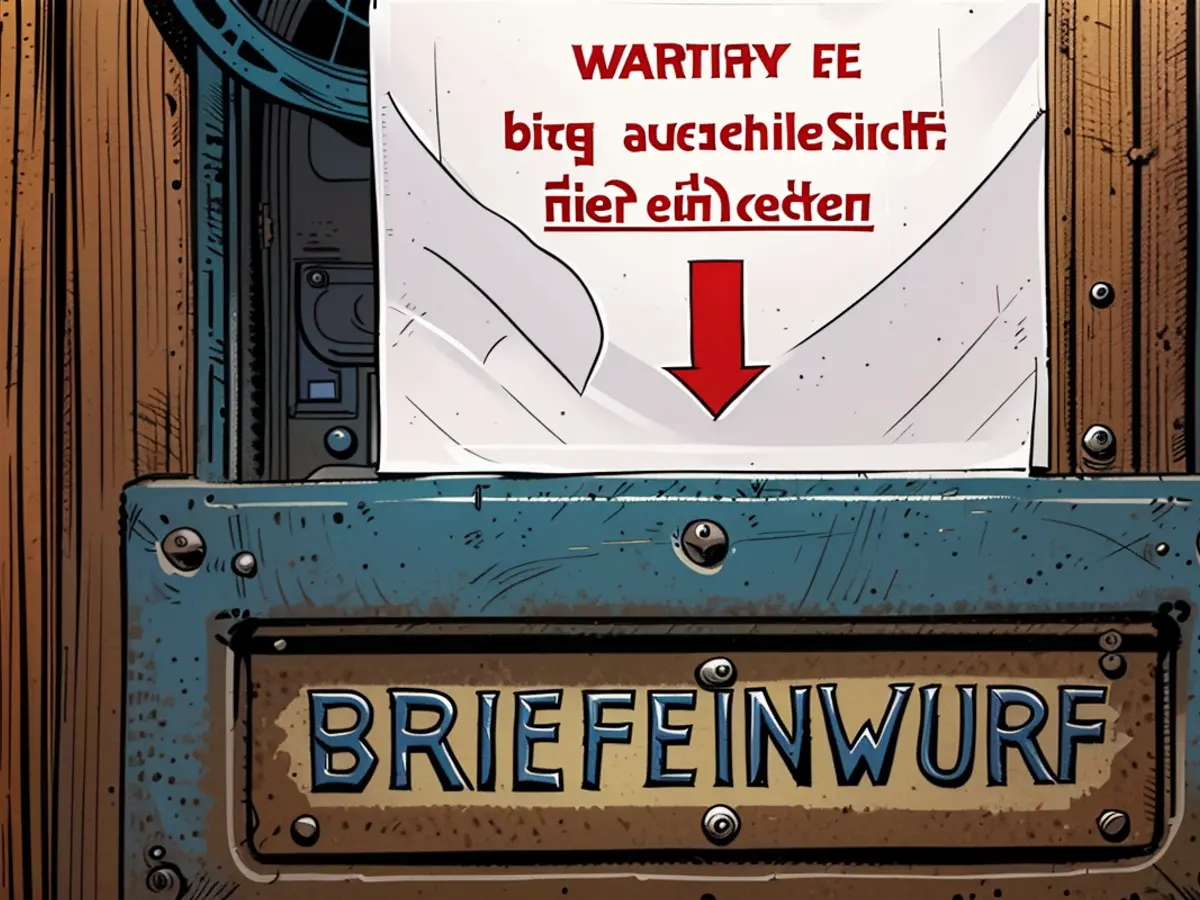Voting Process - The AfD is predicted to win more votes than the CDU in Saxony-Anhalt during the European elections.
The AfD party is on track to secure the most votes in the European elections in Saxony-Anhalt, according to preliminary results. After counting more than half of the voting districts, the AfD has surpassed its past performance in the European elections by a significant margin, outperforming the CDU with around 32.8% of the votes, while the CDU received 21.8%. The Constitutional Protection Office in Saxony-Anhalt has labeled the AfD as a reliably right-wing extremist group.
The Left Party experienced a decrease in voting by -9.6%, the SPD by -4.2%, the Greens by -5.3%, and the FDP by -2.5%. The Left Party can expect a score of around 14% in the election.
In the state of Saxony-Anhalt, approximately 1.8 million people were called to cast their votes. According to 1,700 of the voting districts that have been counted, voter turnout stood at approximately 53%, which is slightly lower than the previous election.
Minister President Haseloff commented on the results, stating, "This is a very bad day for Germany."
The AfD's state chairman in Saxony-Anhalt, Martin Reichardt, expressed delight with the outcome for his party. Minister President Reiner Haseloff (CDU) countered this, noting that the CDU in the east remains the only party capable of challenging the AfD. "It seems the AfD is becoming the second strongest party in Germany, and this is an alarming signal. This is a bad day for Germany."
The CDU politician criticized the federal government's policies. "The traffic light coalition was punished because they set the wrong priorities," he told the German Press Agency. "People are concerned about job security and dealing with inflation and migration, not about cannabis and gender reassignment. The coalition agreement of the traffic light was rejected."
Representatives of the traffic light parties in Saxony-Anhalt expressed dissatisfaction with the results. "Today's vote count is below our expectations," said the SPD's state chairmen, Juliane Kleemann and Andreas Schmidt. FDP state chairwoman Lydia Hüskens saw the rise of the political fringes as a sign of existing insecurities. "The FDP must more clearly implement its economic turnaround plan and the ongoing asylum turnaround. I'm sure that then the approval for the FDP's politics will increase again."
The co-chairman of the Greens in Saxony-Anhalt, Dennis Helmich, spoke of a disappointing outcome for his party and another right-wing shift in eastern Germany. The co-chairwoman of the Left in Saxony-Anhalt, Janina Böttger, called for an honest assessment. "We, as a party, have a lot of work ahead of us to regain the trust of the people. The AfD and BSW have benefited more from the 'traffic light chaos' than the Left, and we couldn't provide convincing answers," noted Böttger.
Read also:
- In neighboring Brandenburg, the AfD also performed well in the European elections, potentially surpassing the SPD and the CDU, causing concern among political leaders in Germany.
- Reiner Haseloff, the CDU's leader in Saxony-Anhalt, also voiced his concerns about the AfD's gains in the upcoming elections in Mecklenburg-Western Pomerania.
- The EU parliamentary elections in Saxony and Thuringia also saw significant shifts, with the AfD's support increasing and the SPD’s percentage decreasing, reflecting a broader trend in Germany.
- The FDP, another party in Germany, advocated for increased protection of the constitution and democracy, emphasizing the need to counter the rise of extremist parties like the AfD.
- Critics argued that the CDU and other parties had failed to address pressing issues such as job security, inflation, and migration, which may have contributed to the increasing support for parties like the AfD.
- Sahra Wagenknecht, a prominent politician from the Left Party, emphasized the need for her party to regain the trust of the people in light of the AfD's gains in various elections in Germany.
- The CDU, Greens, SPD, and FDP, along with other parties, now face the challenge of appealing to voters in the upcoming regional elections in Saxony and other states where the AfD has gained ground.
- The AfD's triumph in the European elections and other regions in Germany has highlighted the need for mainstream parties like the CDU, SPD, and Greens to diversify their policies and better connect with a broader spectrum of voters.
- In response to the AfD's rise, the EU may consider stricter measures against extremist parties to ensure the continued stability and protection of democratic values across the bloc.
- Germany and the EU will closely monitor election results across the continent, as the progress of far-right parties in elections could have significant implications for the future of the European Union.








